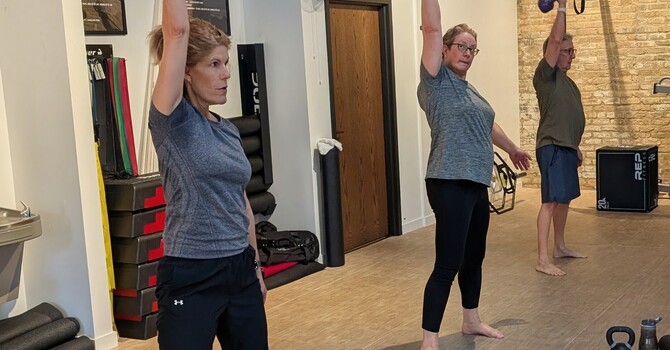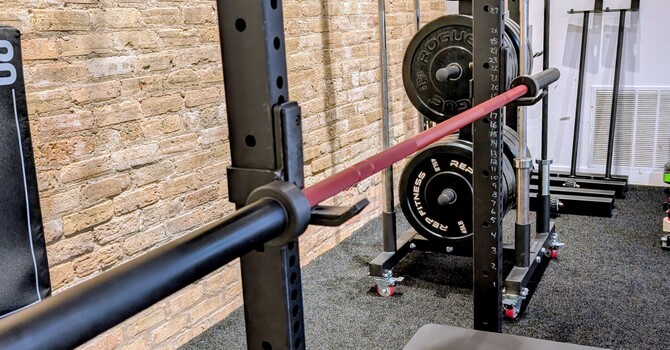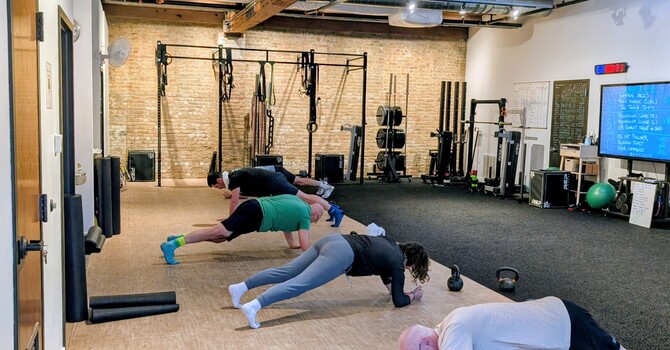
I Managed to Avoid the Flu
How do you avoid getting sick?
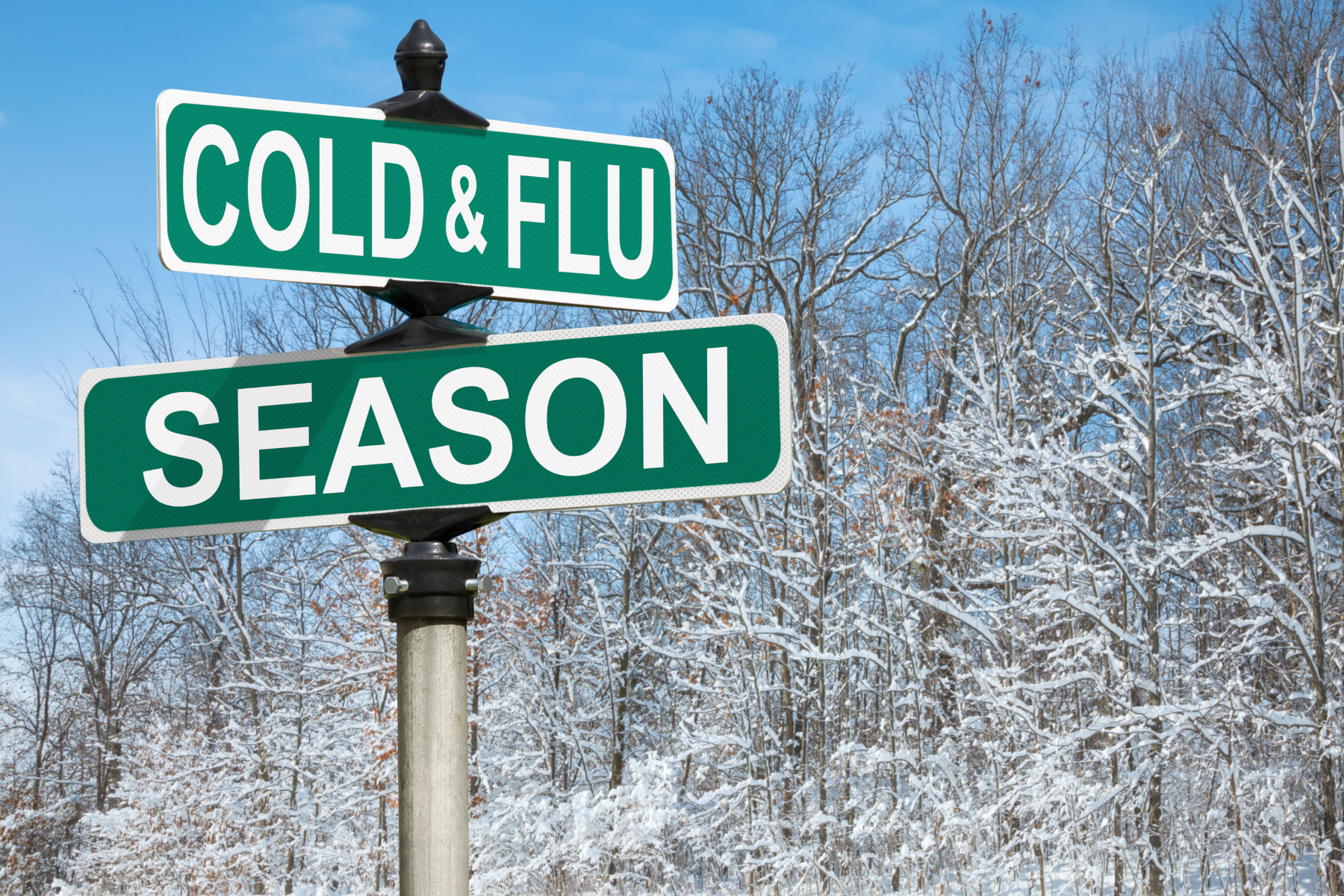
I’m writing this in May but deferring publication until October, the prime time cold season. I wanted to write this last fall, but I didn’t want to jinx myself by getting sick–I had to earn some cred by being among the very few people I know who managed to avoid getting sick last flu season.
How’d I do it, you ask? Well, just follow my handy tips and you too might avoid upper respiratory infections over the holidays.
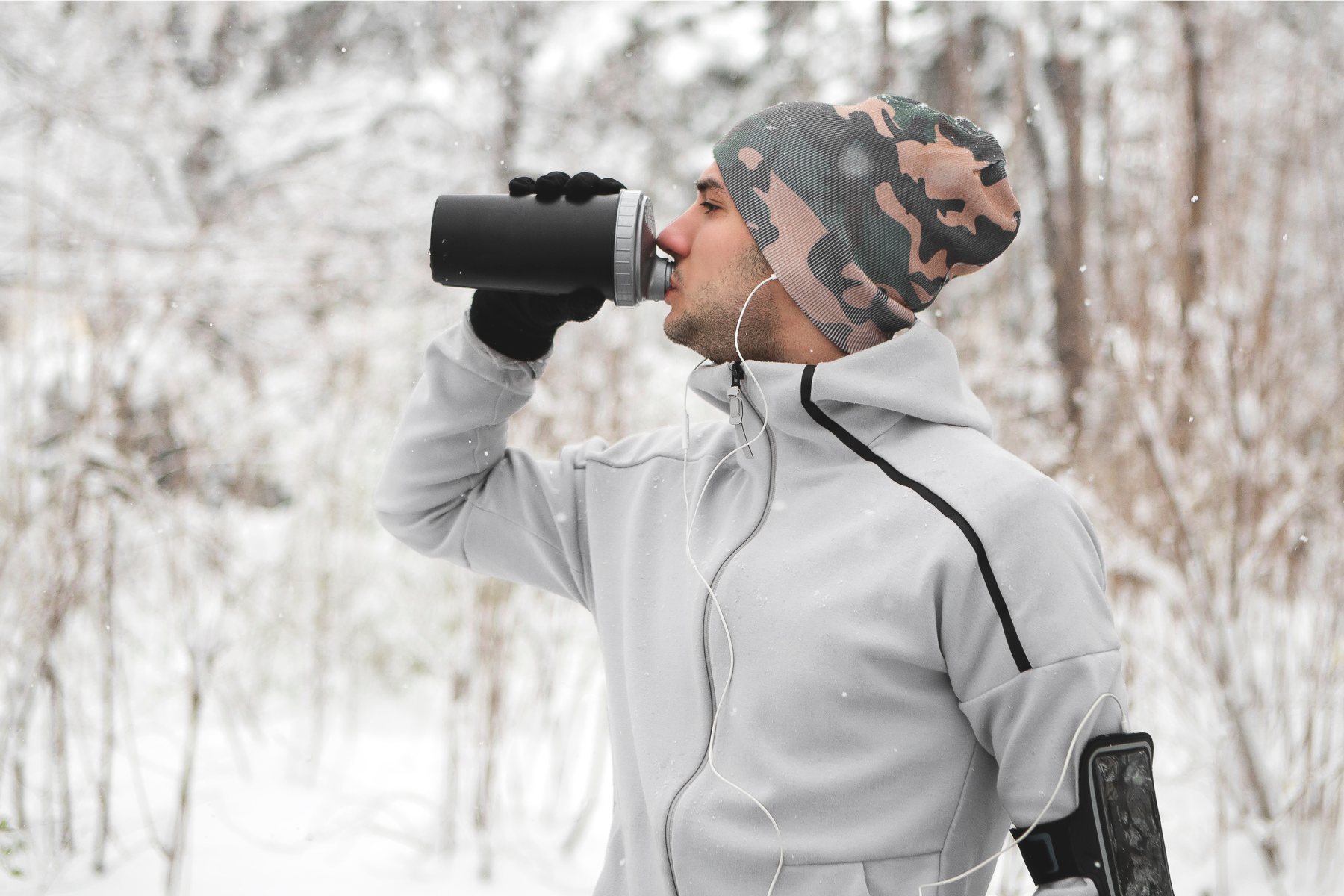
Protect Your Sinuses
People seem to think that viruses gain some sort of superpower during flu season that makes them more virulent, but that’s just not the case.
Flu season occurs during winter mostly because that’s when the air is driest. Dry air desiccates the membranes of your sinuses, creating fissures that allow viruses in the air to get through your membranes and into your bloodstream.
There are several ways to protect your sinuses from dehydration:
- Place humidifiers wherever you spend most of your time, e.g. in your bedroom and next to your desk. Clean them at least once a week.
- Neti pots not only moisturize, they also wash away viruses and allergens from the sinuses. Use distilled water only, never tap water.
- Drink plenty of liquids. Sorry, I’m talking about only the good-for-you kind.
- Avoid inflammatory foods, which can make it easier for viruses to find ways through your sinus membranes. Specific sensitivities vary among individuals, but some of the most common inflammatory foods include alcohol (which also dehydrates the body), sugary foods and beverages, starchy foods, deep-fried foods, and red or processed meats.
Avoid Exposure
How to avoid exposure to viruses
Equally important to protecting your sinuses is keeping viruses away from them altogether. Being indoors during flu season puts us in closer proximity to others and touching more surfaces.
- Mask up–not so much you as everyone around you. You see, most masks were designed to keep their wearers from spreading germs, not to protect wearers themselves. Be careful around sickies. This includes not just those who are coughing and sneezing but likely asymptomatic carriers, such as small children. Both kinds of people are unlikely to be wearing masks, so after exposure to them, make sure to follow the rest of these tips.
- Wash/disinfect your hands often, especially after shaking hands with anyone. Keep a wee bottle of hand sanitizer on you for when you don’t have access to soap & water.
- Viruses enter the body through your eyes and mouth as well as the nose, so never touch your face or put your fingers in your mouth. Helpful tip: try to think of your hands as being covered with the most disgusting substance imaginable. If you have an itch on your face, use your collar or other barrier between your face and hands as you scratch.

Take Care of Your Immune System
What strengthens your immune system?
Work out regularly. On top of the obvious benefits of regular exercise, fitness boosts the immune system. Get plenty of sleep.
Getting fewer than seven hours of sleep each night can compromise the immune system.
Keep up with your vaccinations. Even if you catch something anyway, a vaccination can reduce the severity of the symptoms so effectively that you don’t even realize you’re sick.
Supplement with vitamin D. Some studies indicate that D supplements reduce the likelihood of catching an upper respiratory infection.
So there you have it, my tips for avoiding upper respiratory infections. By following these simple preventative measures, you can significantly reduce your chances of getting sick. A little preparation and awareness can go a long way in keeping you healthy and productive throughout the next flu season.
1 https://www.hopkinsmedicine.org/health/wellness-and-prevention/anti-inflammatory-diet
2 https://www.ncbi.nlm.nih.gov/pmc/articles/PMC6523821/

J. McCrackan DC, CMT
Contact Me
